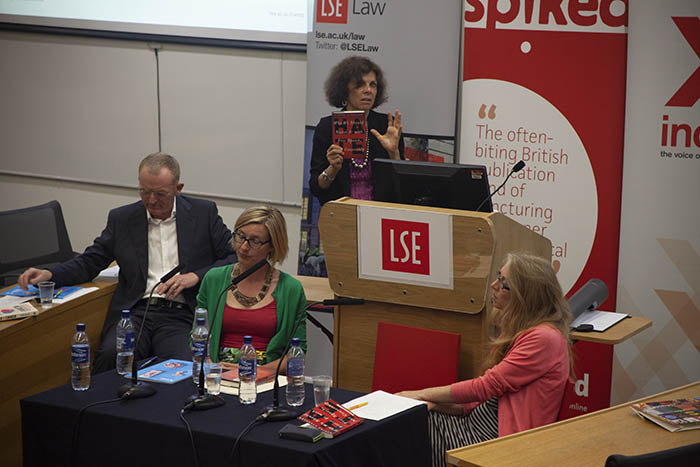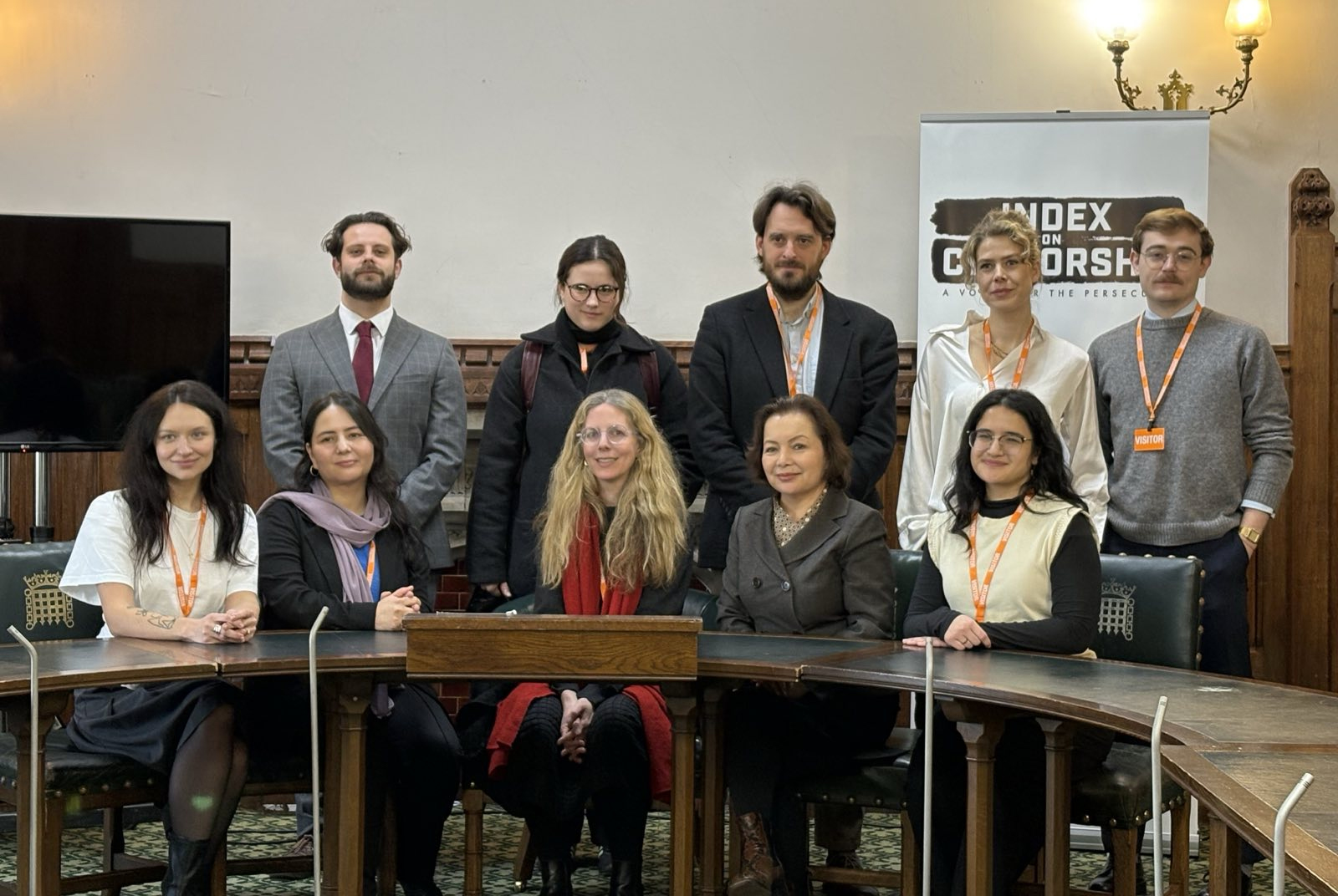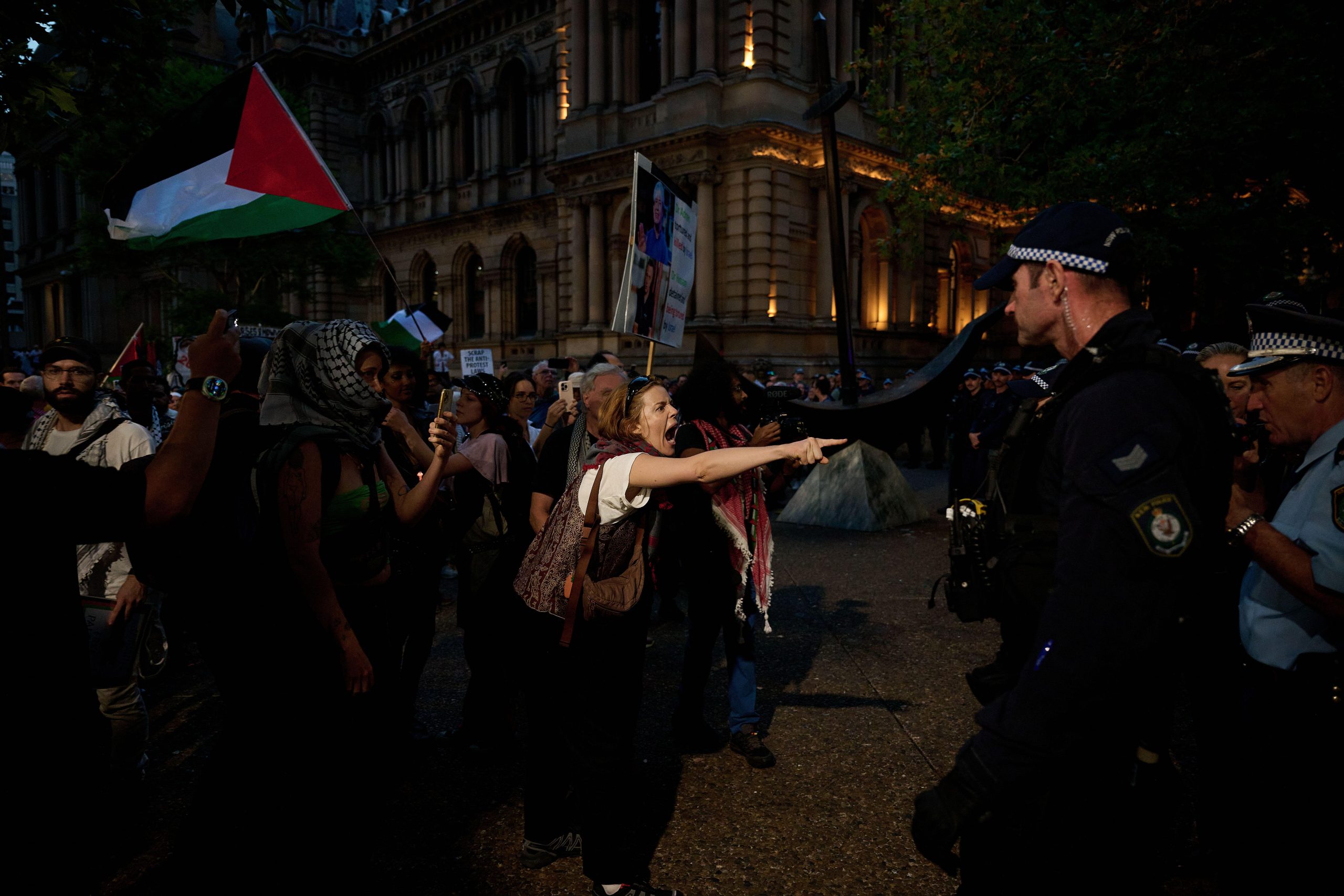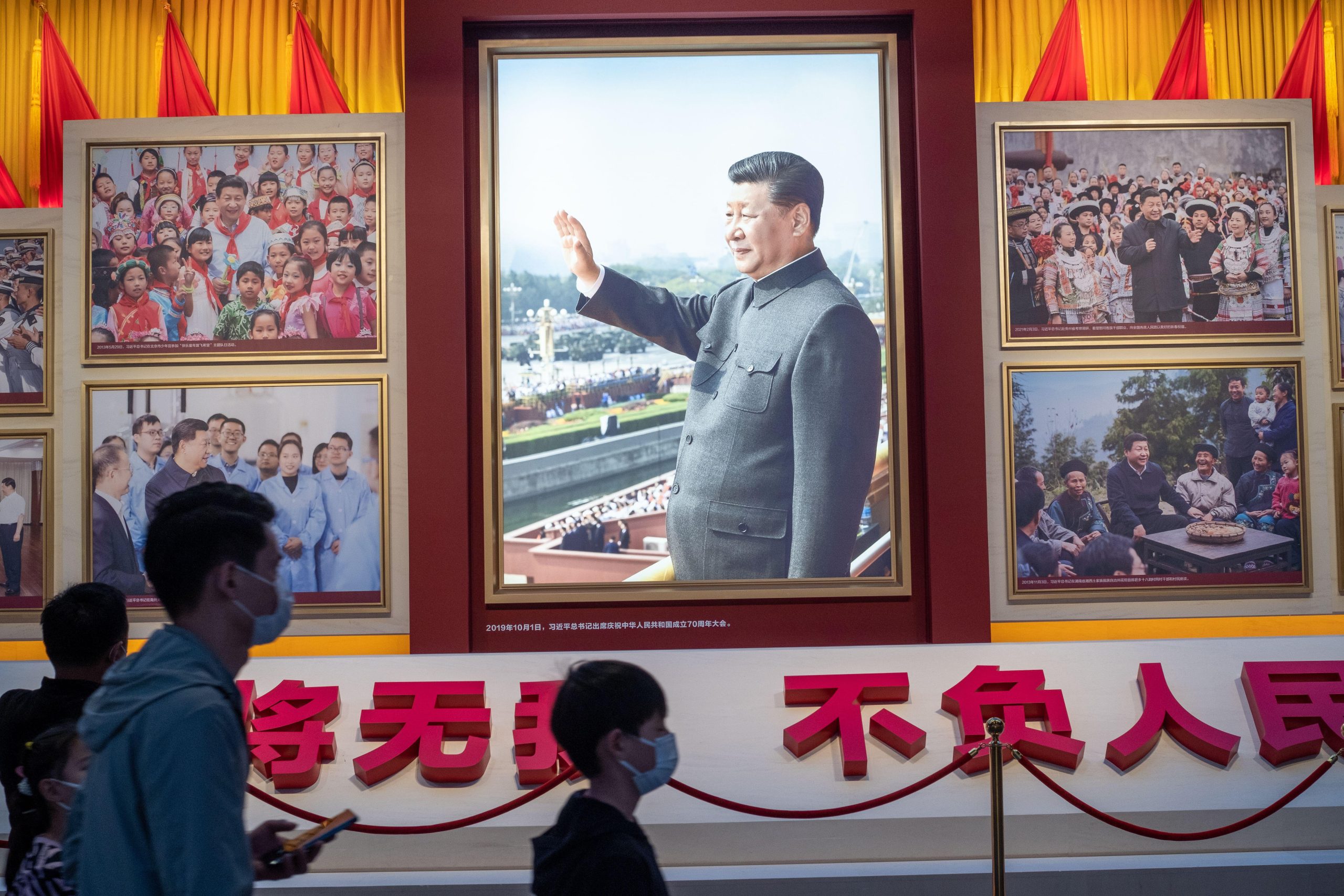[vc_row][vc_column][vc_column_text]Additional reporting by Shreya Parjan, Nicole Ntim-Addae and Sandra Oseifri.
“The only effective and durable way to resist racism and discrimination is through speech and other non-censorial measures,” said Nadine Strossen at the launch of her new book, Hate: Why We Should Resist it With Free Speech, Not Censorship, at the London School of Economics on Monday 2 June.
Strossen, a professor of constitutional law at the New York Law School, was joined by Jodie Ginsberg, CEO of Index on Censorship, and Joanna Williams, author, academic and the associate editor of the online magazine Spiked. The panel was chaired by Peter Ramsey, professor of law at LSE.
“The bedrock principle of our [the US’s] legal system is viewpoint neutrality, that governments can’t restrict speech even if it is despised by the majority of the population,” Strossen said. According to the First Amendment, the US government cannot prevent or censor the speech of a group due to the nature of its content. The American Civil Liberties Union, where Strossen served as president from 1991 to 2008, has had a long history of defending the rights of groups that would otherwise not be able to voice their opinions due to censorship. For example, in 1978, in a landmark Supreme Court case, National Socialist Party v. Skokie, the ACLU successfully defended the right of a neo-Nazi group to march through Skokie, Illinois, where many Holocaust survivors lived.
Strossen, whose father was a Holocaust survivor, expressed her deep loathing for Nazism and commitment to resisting hate and racism, describing it as “a very serious and rising problem, not only in the US but all over the world”. At the same time, however, she does not believe that the way to resist such sentiments is through censorship and regulations aimed at banning hate speech. She explained that hate speech laws enforced against Nazis would backfire: in the Weimar Republic, where hate speech laws were rigorously enforced, “the Nazis loved it – it became a propaganda platform for them”. The same phenomenon is observable in the US, where alt-right provocateurs such as Milo Yiannopoulos “love when there are attempts to suppress them or when there are disruptive protests against them”. Censorship would merely lead to more attention for hate groups.
Strossen believes, as Judge Wendell Holmes did, that a more effective way to resist hateful and racist speech is through more speech and counter-speech. “I celebrate effective, humane speech, not only because it is consistent with individual liberty,” she said, “but because it is the best way to lead people away from hate”. A more effective way to combat the hateful sentiment of a provocative speaker on campus is to “have your own separate event in a different part of campus … in an affirmative celebration of diversity”.
After the ACLU successfully defended the right of the neo-Nazis to march in Skokie, there was an outpouring of support for Holocaust survivors. The survivors realised that they could no longer remain silent, but must rather combat hate with education. The Illinois Holocaust Museum and Education Center, opened in 2009, is one demonstration of the positive results that came out of dialogues and discussions after Skokie. Strossen noted that “all of that might have been impossible without Skokie”.
Ginsberg raised three questions to keep in mind when considering whether hate speech regulations should be put in place: “Is freedom of expression a fundamental right? Would you agree that there are certain speakers that should not be allowed to speak on university campuses? Would you accept any limitations on your own speech?” She suggested that “much of what we say and do depend on context”, and that “if we buy into the narrative that it’s all getting worse, people get afraid and allow restrictions on their own freedom of speech”.
Williams, the author of the 2017 book Women Versus Feminism: Why We All Need Liberating from the Gender Wars, cited the case of a controversial Youtuber who was prevented from speaking at the University of Sussex. According to Williams, this was a case of censorship based on viewpoint restriction. Williams disagrees with Strossen, however, on the point that there needs to be a separate student event to reaffirm diversity: “There is no point in hosting a separate event but instead the students should be in the same room, challenging what the speaker says.”
Williams noted that political activism in the modern age is driven by identity politics – that is, it is based on finding things offensive and calling for things to be banned. It is, therefore, according to her, “fundamentally opposed to free speech.” Thus, Williams called for a reconsideration of the category of “hate speech” as it currently stands. “Defining hate speech is not something I am able to do,” she said, “the problem with hate speech laws lies in the law itself, there is no such thing as hate speech.” As the case of the Youtuber Count Dankula illustrates, one man’s hate speech could be another man’s joke. We cannot decide what is objectively right and wrong through education, either: “Educating makes it seems like we as a privileged elite have defined objectively correct speech.”
On the question of whether there are more meaningful ways to combat hate speech, Ginsberg points out that one of the positive effects of social media is that “it helps people find supportive communities”. “It is important for people to realise they’re not alone,” she added. At the same time, however, she raised concerns around the potential ability of big technology companies to censor content: “The duty of care is interesting but problematic: unelected companies shouldn’t have the authority to remove content.” This is an important consideration right now in the UK, where the proposed counter-terrorism bill could potentially put further limitations on freedom of expression, meaning technology companies could “blanket-remove totally legal speech because there is no oversight whatsoever”.[/vc_column_text][/vc_column][/vc_row][vc_row][vc_column][vc_basic_grid post_type=”post” max_items=”4″ element_width=”6″ grid_id=”vc_gid:1531238430673-ea06dafb-36eb-10″ taxonomies=”737″][/vc_column][/vc_row]





